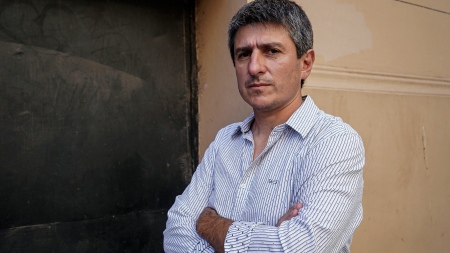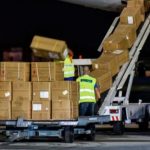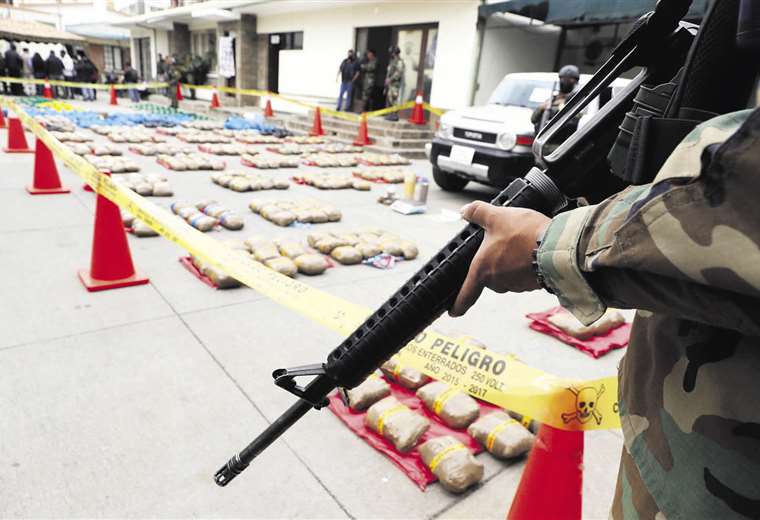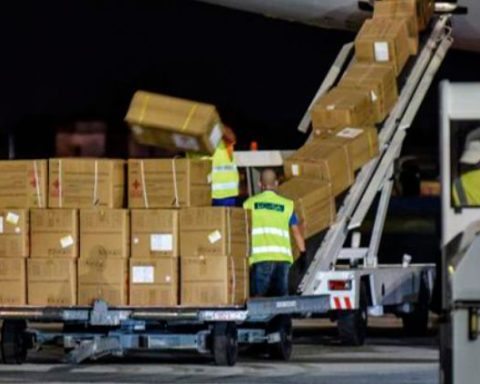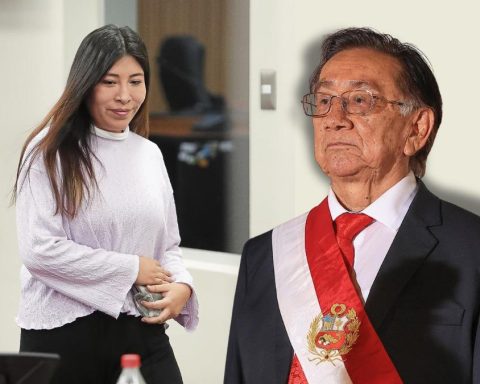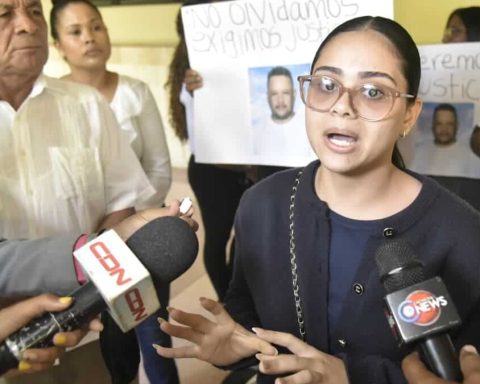The president of the Federation of Federated Cooperatives (Fecofe) and referent of the Argentine Agri-food Table, Juan Manuel Rossi, maintained that “there is another field” in the country that is not represented by the entities that are members of the Liaison Table, and that this it is “recognized after a long time” by being included in the discussion for the design of aid measures for producers due to the drought.
In an interview with Télam, Rossi raised the need for “cyclical and structural” measures for the sector of small and medium producers, as he also marked as necessary “measures that change the Argentine production model.”
Below are the main sections of the interview.
Télam: The Government included them in the discussion about the drought together with the Liaison Table for the first time.
Juan Manuel Rossi: There are two tables. In Argentina it is recognized that there are two fields after a long time, a lot of struggle and many small producers not represented by the Linking Table. This recognizes that there is another field in Argentina, the field that feeds.
– Why do you think they included you and what is your role in the discussion?
– They include us because this is displayed. It is a job of many years. Since the Liaison Table was formed (2008) we, being within the Agrarian Federation (FAA), began to make that difference. The FAA within the table stopped representing the interests of smaller-scale producers, of cooperatives, and the Government, at this moment recognizes, that representation in us. In addition, having only the Liaison Desk as the interlocutor does not solve all the problems. Most of the producers in Argentina are left out and that is why they summon us. Our voice is to show that there is another reality, that we are not only concerned about export volumes, but that food reaches the Argentine table. Also that every crisis harms the people and the development of the country, and it seems to us that future crises must be anticipated by planning production, exports. The crisis is the opportunity to take conjunctural and structural measures
– Is this what they asked Massa?
– That was our proposal. The conjunctural measures are the injection of financing surgically so that assistance does not reach those who do not need it. There may be revolving funds, a financing system through cooperatives via inputs and more, and also thinking about measures that change, evaluate and put into discussion the Argentine production model.

– That is the structural thing, in the long term…
– But you have to touch them now, because someone who pays rent for the field and can’t produce anything due to the drought melts, because the owner will want to continue charging if there is no appropriate law. The drought does not affect the owners of the field and in that case the one who can pay it and the one who does not disappear, and that is the return to the concentration and disappearance of producers.
– What is the state of situation of the small and medium Argentine producer?
– It needs public policies in order to have stability. Although it is structural and long-term, a package of laws is urgent. The producer has an instability and a situation in which its structure is very weak because there is no financing, there is no stability in the land either by renting or buying the land, in the case of horticultural producers or regional economies. On the other hand, the producer of the humid pampa is surrounded by seed pools by the financial system set to produce, and food is no longer seen as a right but as merchandise. Given this scheme, we also need the segmentation of taxes, an issue that was raised. It is time to segment withholdings and other taxes. When we talk about financing, we are talking about a system through cooperatives, mutuals, revolving funds, which means that the State puts jointly managed resources to reach producers with inputs, assistance and animal feed to grow production and give food to Argentines. Another issue that was discussed and that is important is multi-peril insurance that removes droughts, floods and inclement weather from the political discussion. It is mandatory insurance for all producers that must be controlled and with the participation of the State and national insurance companies. That is a structural issue and we removed the issue of the agricultural emergency from the political discussion.
– What are the expectations for February 1 when drought relief measures are announced?
– The expectation is that as of February 1, what we were talking about will be put into operation. We are waiting for the announcements and for the assistance to producers to be implemented, but also for the bills to begin to be debated in Congress, that there may be a new legal scheme in Argentina benefiting the productive interior, the towns and the producers.
